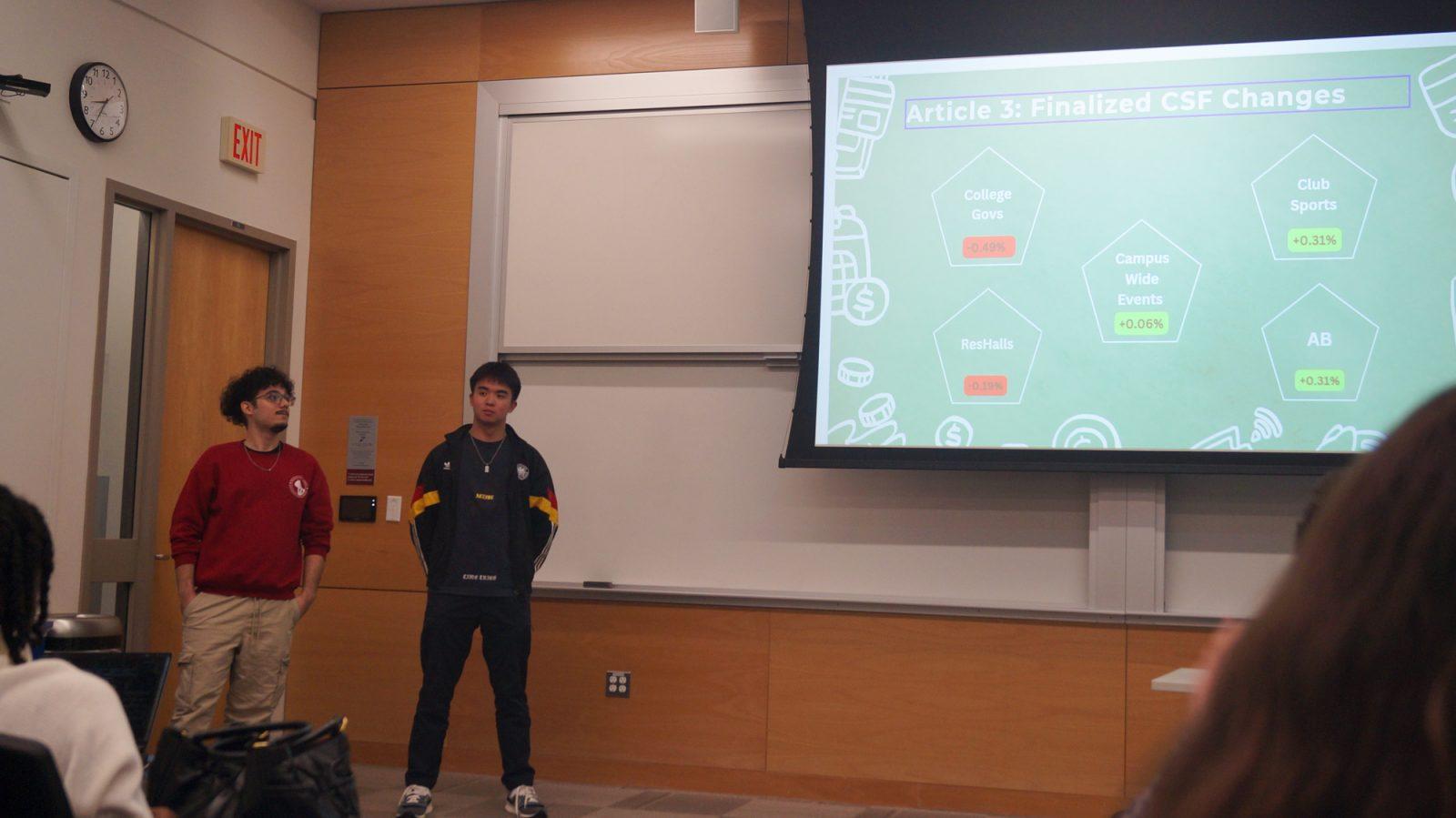We all know the type. That extra-motivated college student who not only works two jobs and volunteers three days a week, but is also majoring in three different fields and loving every minute of it. He or she is getting the most of their tuition dollars stretching them as much as they allow and exploring as much of college as possible. Students are more frequently taking on more than one major during their undergraduate years, diversifying their academic portfolio and, in many cases, trying to make themselves more marketable for graduate school and jobs in the real world. But, while it is important that students be allowed the freedom to major in as many subjects as is physically possible, there is more to an undergraduate education.
Students should absolutely be given the freedom, within reason, of course, to take the classes they want during their four years as undergraduates. Though it is acceptable that students are forced to fill certain requirements that ensure they are nominally well-rounded, students should be allowed to focus on as many subjects as they see fit. They are the ones paying $140,000 for an education, and they should be allowed to make that education what they want. If that means taking on multiple majors, so be it. Academic advisors can give their thoughts, but the basic freedom to go in-depth in several different academic areas should remain in place.
However, though that basic freedom should exist, students wishing to take multiple majors should think hard about their motivations and consider the huge array of possibilities that await all college students for when they step outside the classroom. College can be so much more than just a place to learn core academic subjects. Though textbook learning is obviously the main reason people come to college, non-academic activities can teach people to work together and apply the skills they learn inside the classroom and allow them to explore and activate parts of themselves they could not with pen, paper and books solely.
Numerous majors can push students to cram as much academic material as is humanly possible into four years, allowing them to get the most of the huge amount of money needed to sponsor an undergraduate education. But they can also push extracurricular activities out of students’ lives entirely, leaving students without valuable parts of a well-rounded education. Though some students may get much more out of their time inside the classroom, all students should at least take a moment to think about the implications of taking on numerous majors before signing up.
The freedom to major in three or four academic areas should exist. But those wishing to focus on those specific academic areas should also consider activities beyond academics in making up their four-year plans. If multiple majors are what they truly want, they should feel free to pursue their education thusly.












































































































